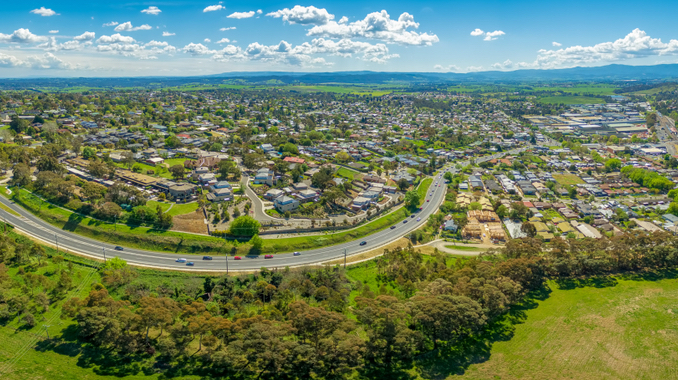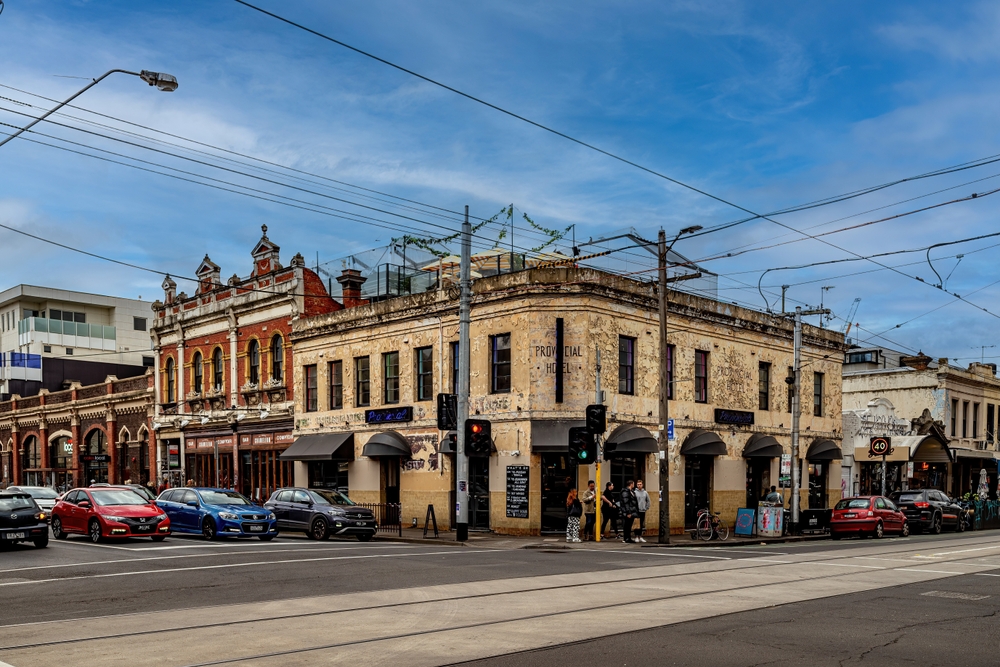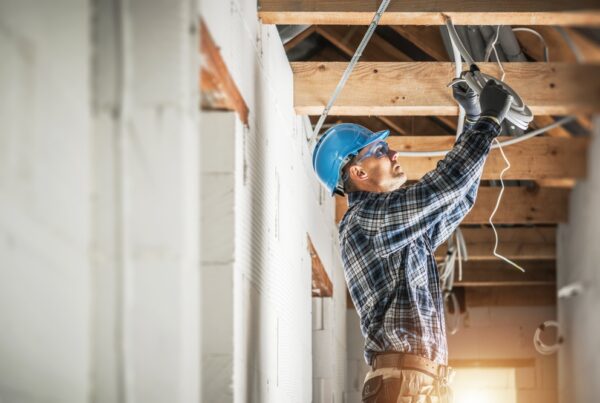While median house and unit prices across Victoria saw a stable but subdued performance in the fourth quarter of 2023, Melbourne’s eastern and south-eastern suburbs defied the remainder of the state with solid growth.

According to the Real Estate Institute of Victoria’s median data for the quarter ending 31 December 2023, Frankston South was among suburbs with the highest quarterly growth, with houses climbing 39.5 per cent in the fourth quarter to $1,420,000.
In the Yarra Ranges, Lilydale ($1,025,000) was one of several suburbs to enter the million-dollar club, recording 20.6 per cent growth to achieve the milestone for the first time. Ringwood North houses increased 11.5 per cent quarterly to $1,388,000, while Forest Hill saw 10.4 per cent growth with a median house price of $1,325,000.
The top performing metro suburb for houses was Fitzroy North, which recorded 44.2 per cent quarterly increase to $2,112,750 and a 5.1 per cent annual increase. It was also the first quarter the suburb has surpassed $2,000,000.
For metro units, the outer eastern suburb of Wantirna South climbed 37.3 per cent in the quarter to $700,000, while Templestowe climbed 27.5 per cent to $880,000.
These suburbs outperformed metro Melbourne overall, which saw a slight decline in median prices for houses by 2.2 per cent to $909,000 and unit by 0.1 per cent at $632,500.
Over a twelve-month period, eastern suburbs also dominated house price growth, with South Yarra climbing 13.7 per cent to $2,388,000, Glen Waverley climbing 9.4 per cent to $1,765,000 and Forest Hill climbing 9.2 per cent to $1,325,000.
Meanwhile in Regional Victoria, the median house price rose 1.7 per cent to $615,500 in the fourth quarter, while units held steady at $416,000, a small decline of 0.2 per cent.
In 2023, the regions of Greater Bendigo and Mildura have the highest number of towns with median house price growth, with four and three towns respectively. Kyabram from Campaspe led the regional growth with 19.0 per cent annual median house price increase to $475,000.
Mr Jacob Caine, REIV President, said returning stability created a balanced real estate market for both vendors and buyers in 2023, with 2024 set to deliver greater opportunities as interest rates stabilise.
“Notwithstanding the subdued quarter we saw at the end of 2023 and prevailing conditions including higher interest rates and shorter supply, 2023 delivered much-needed stability for Victoria’s property market. It’s created plenty of attractive opportunities for buyers and vendors alike across metro Melbourne and regional Victoria, and weekly transaction activity is holding strong. As the 2024 market reactivates following the holiday period, Victorians can feel confident to transact,” said Mr Caine.
“It’s especially encouraging to see such strong buying demand in Melbourne’s east and southeast. These are corridors to watch in 2024, with widespread residential development underway to accommodate growth including the delivery of in-demand higher density properties.”









